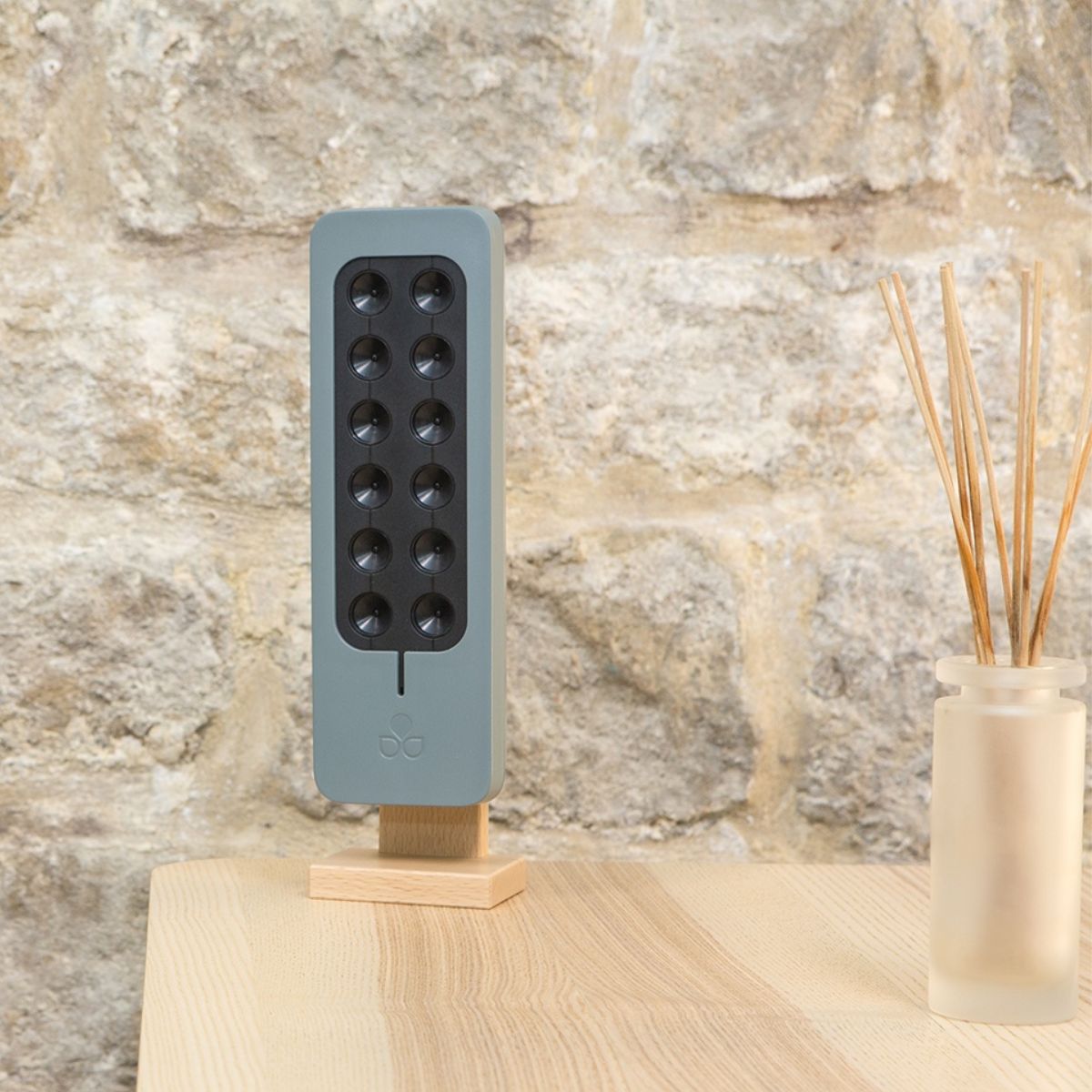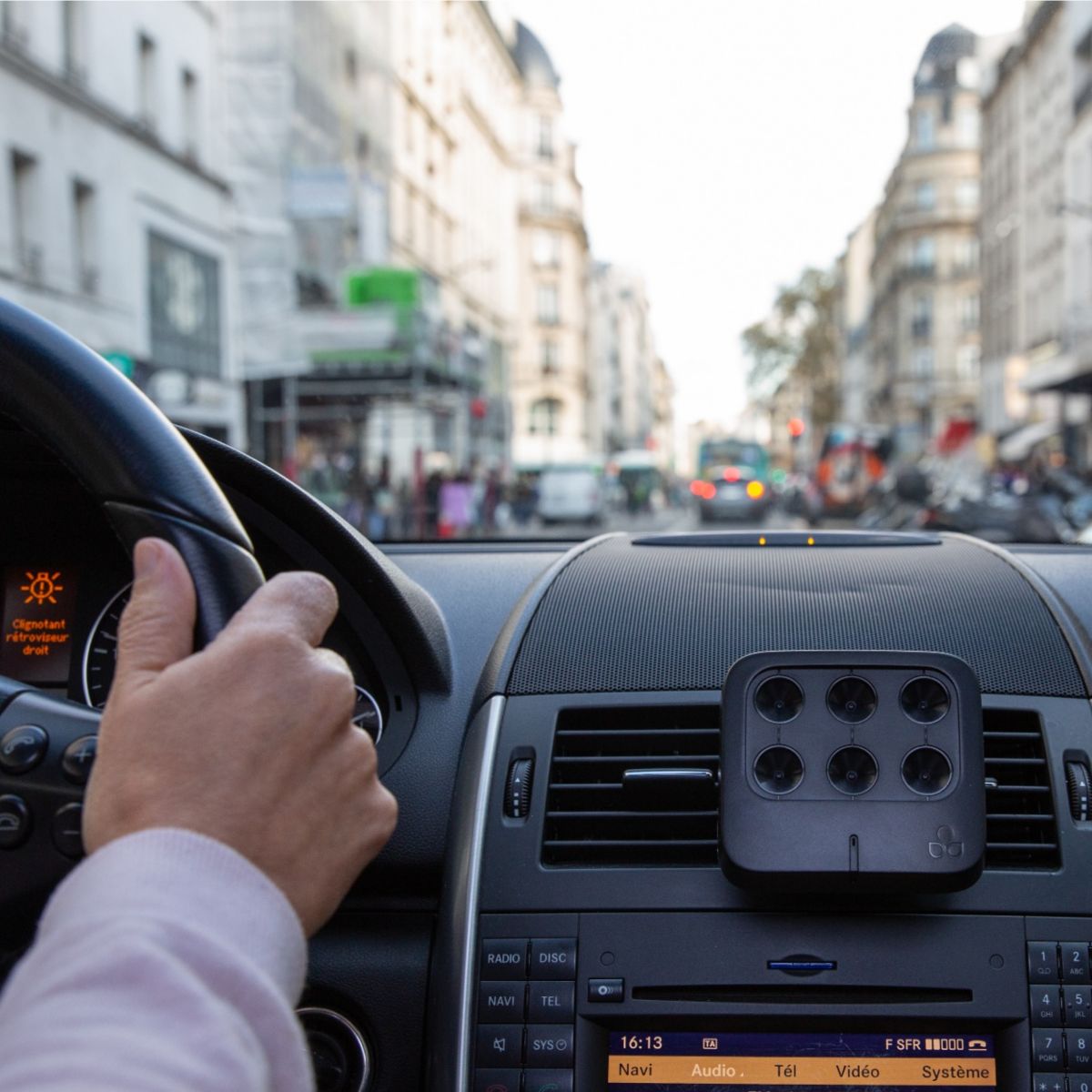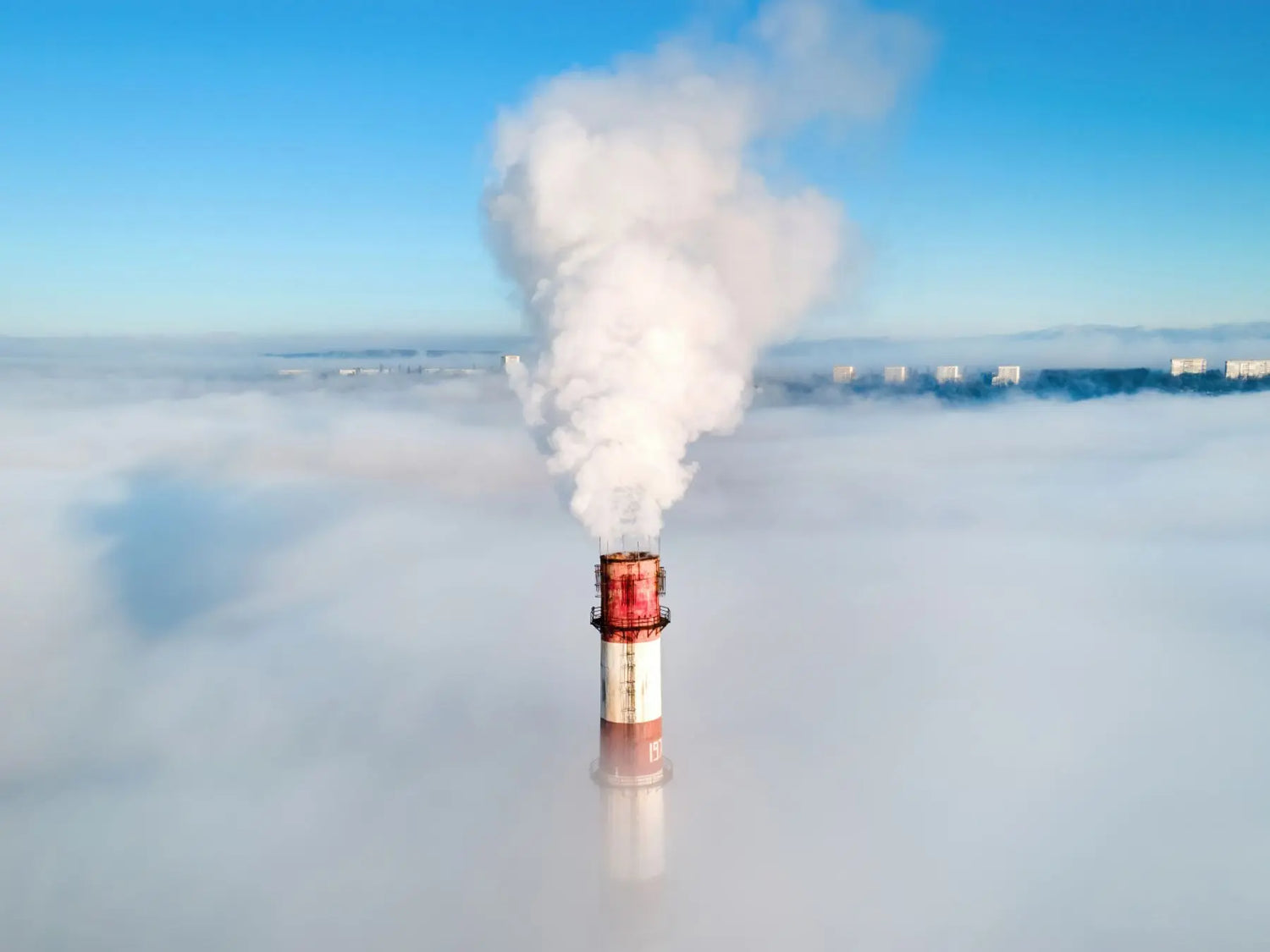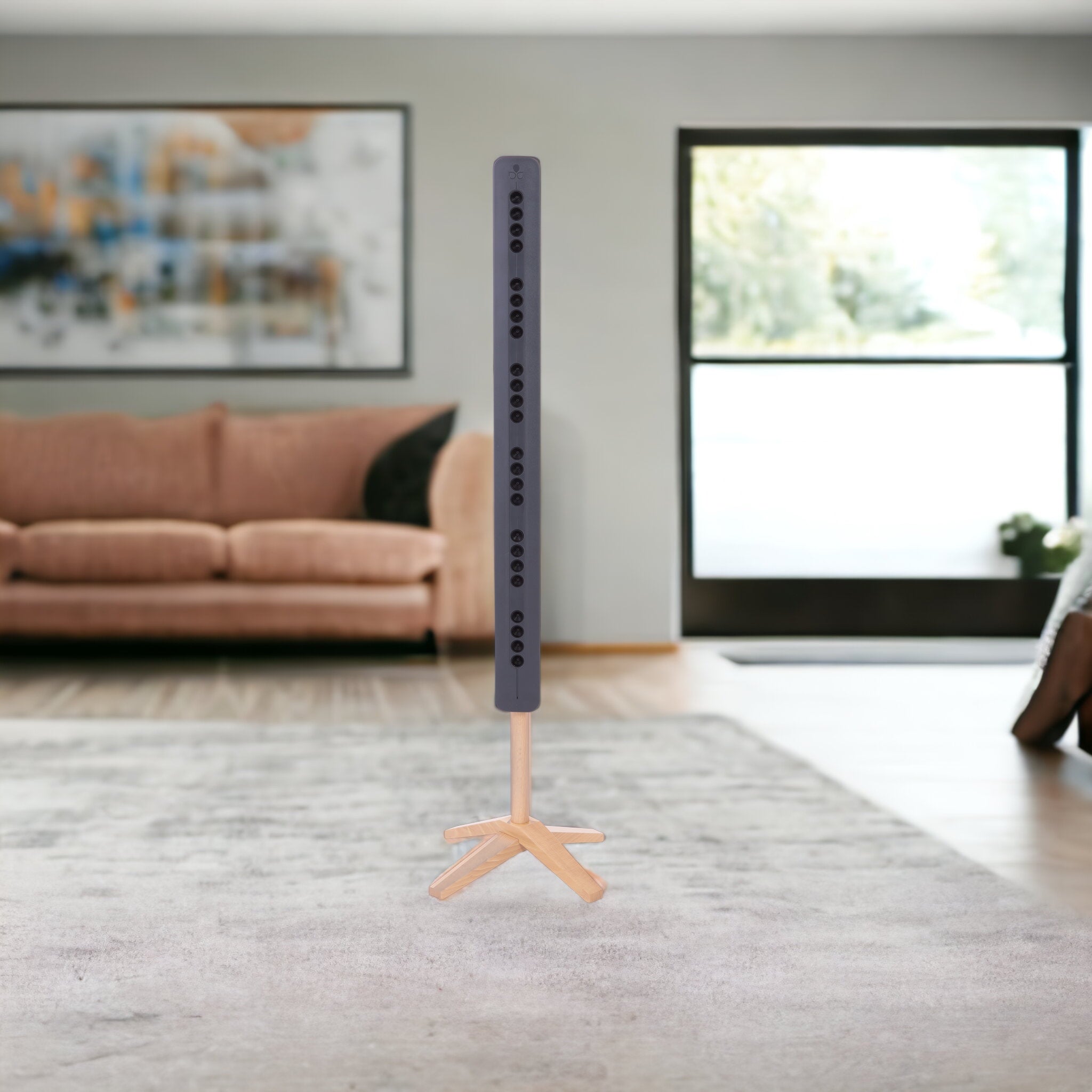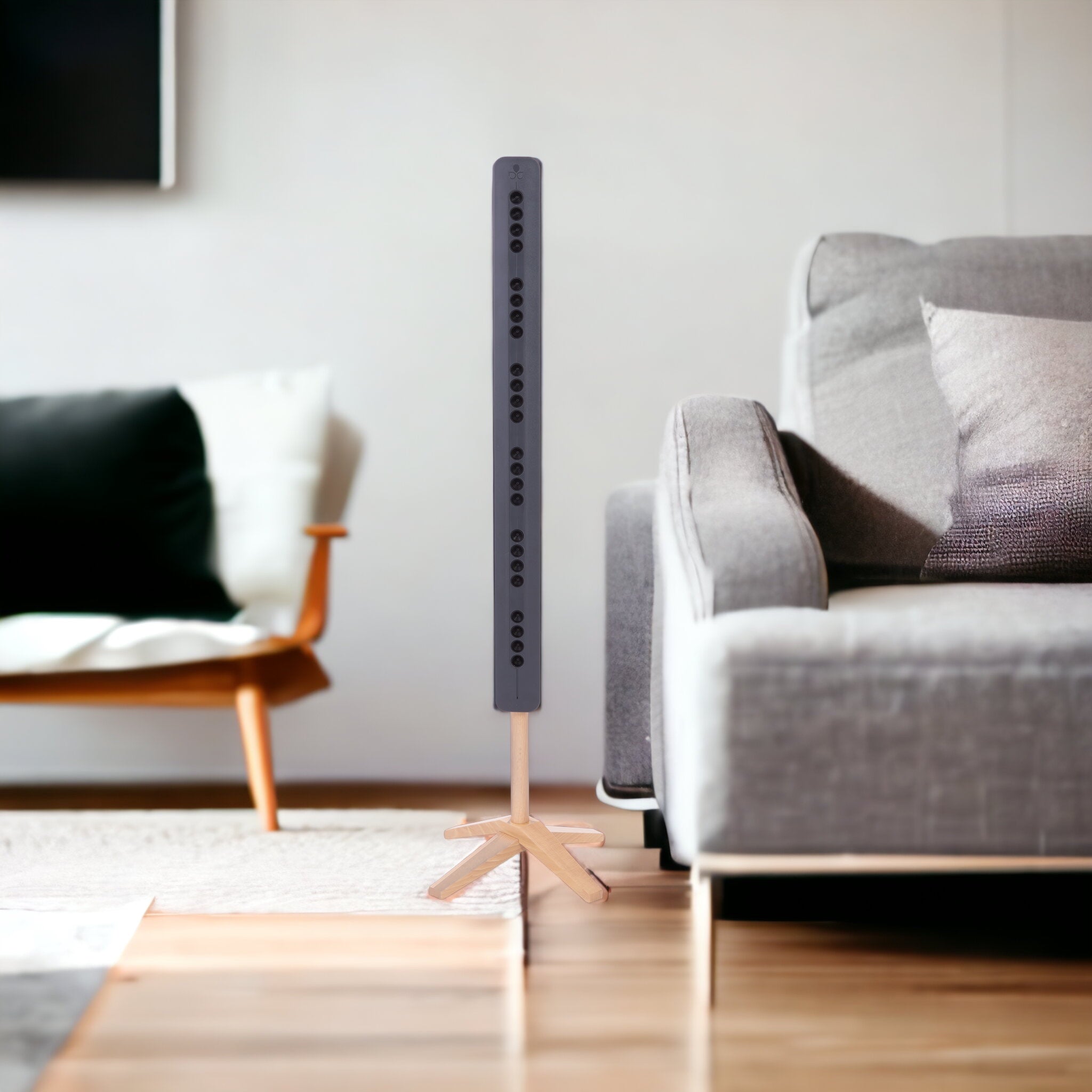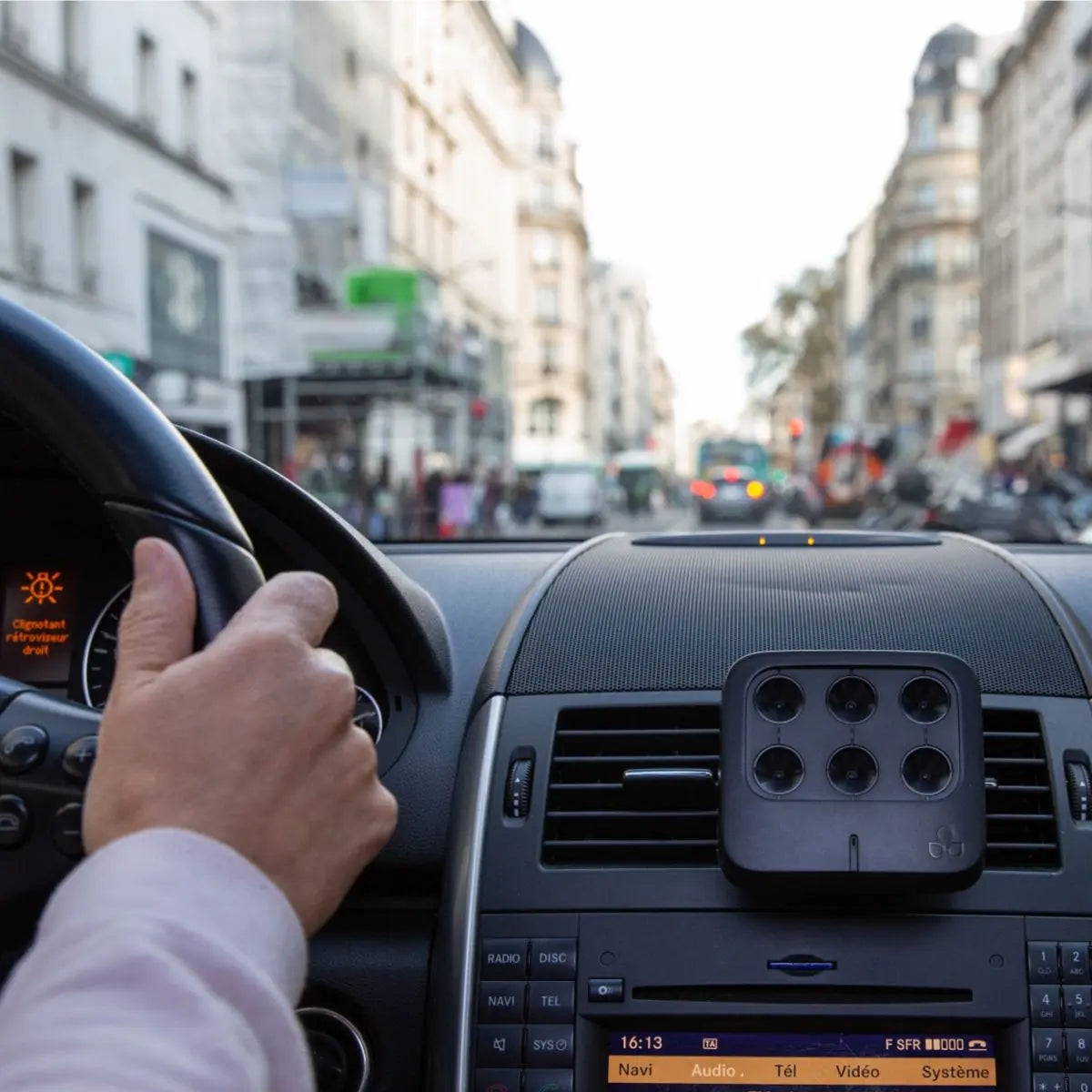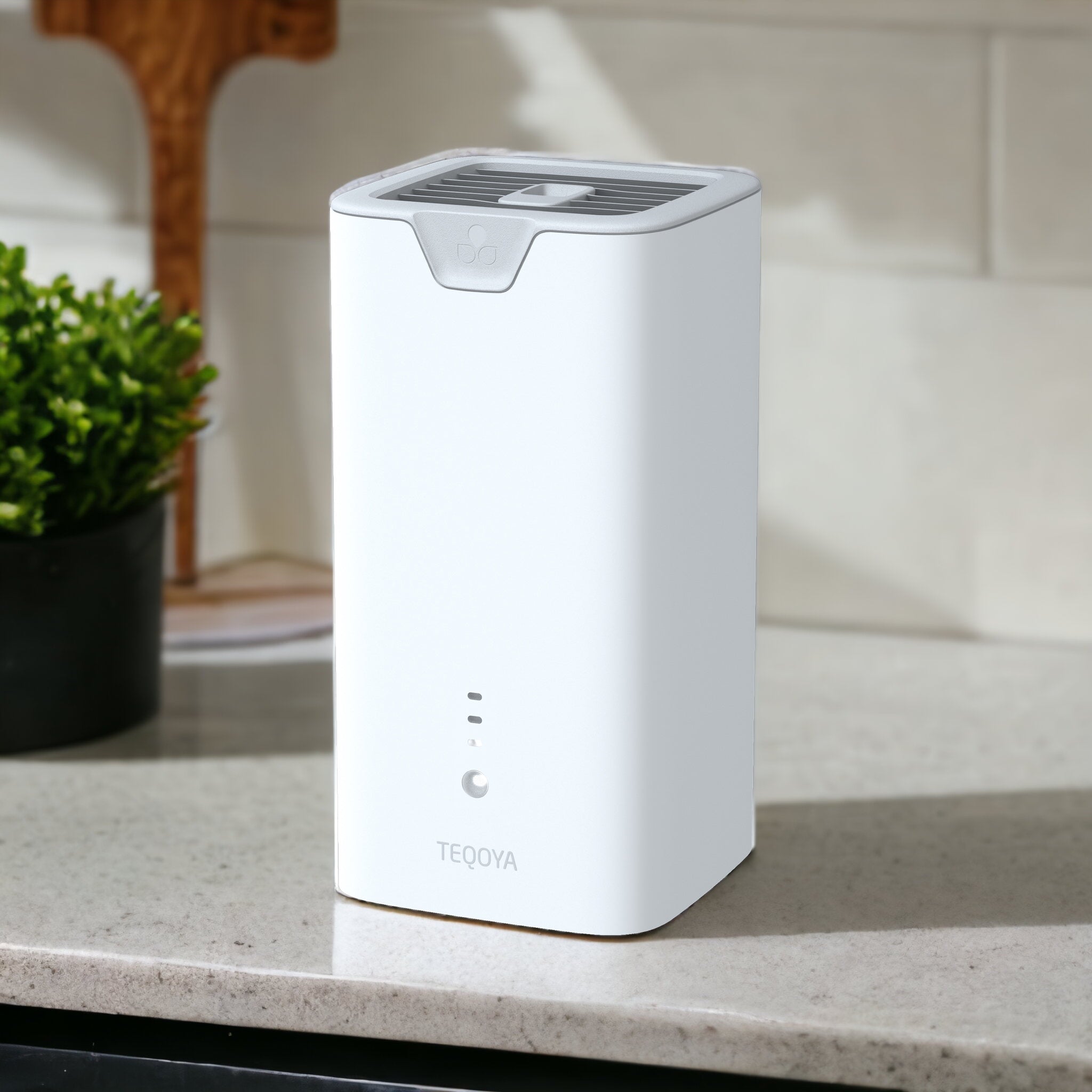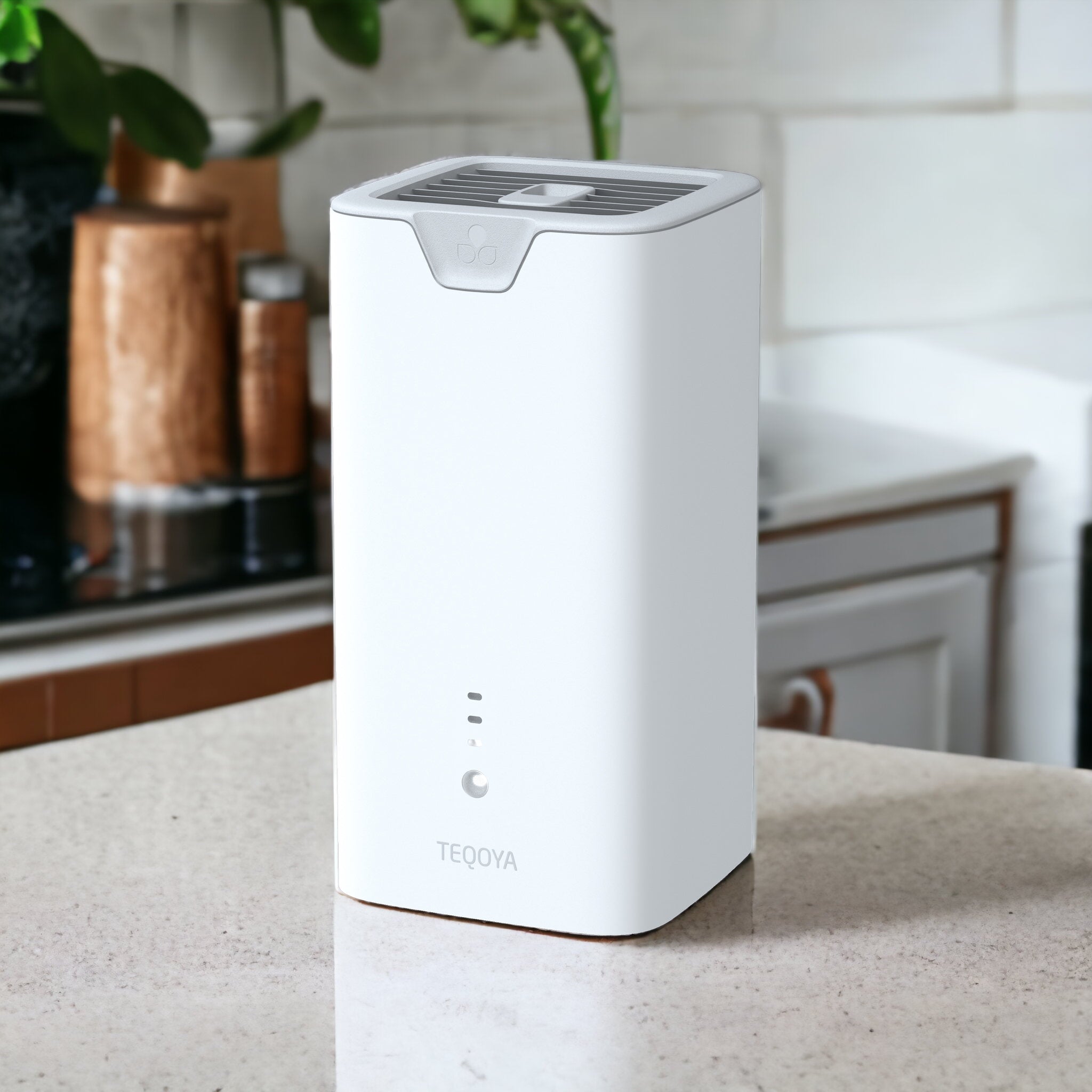Impact of Air Pollution
Air pollution affects all people, regardless of location or lifestyle. It poses severe health risks, particularly to vulnerable groups such as infants, children, pregnant women, the elderly, and individuals with pre-existing health conditions.
Pollutants in the air, whether chemical or biological, can cause a range of health issues. These include respiratory ailments, cardiovascular diseases, reproductive and developmental problems, cognitive disorders, neurodegenerative diseases, hormonal disruptions, and even cancer.
Sources of Air Pollution
Air pollutants come from various sources. Human activities, such as transportation, heating, industrial processes, and agriculture, are major contributors. Household activities, including the use of construction materials, DIY products, cleaning agents, and air fresheners, also add to indoor air pollution.
Natural sources such as plant pollens, volcanic activity, and sand winds also contribute to air pollution. Understanding these sources is crucial for developing effective strategies to combat air pollution.
National Actions Against Air Pollution
Governments worldwide have implemented policies to improve air quality and reduce pollution. These include regulations on emissions from various sectors, standards for energy quality (fuels and combustibles), and air quality monitoring.
In France, for instance, the government has implemented surveillance of ambient air quality and action plans at national, regional, local, and inter-communal levels. It has also imposed regulations on certain pollutants such as asbestos, radon, carbon monoxide, and secondhand smoke.
Local Initiatives to Tackle Air Pollution
Local initiatives play a crucial role in combating air pollution. These involve reducing speed limits on certain roadways, using low-emission zones, and implementing air quality improvement plans in cities with over 250,000 inhabitants.
Public participation is essential in these initiatives. Citizens can contribute by adopting environmentally friendly practices and spreading awareness about air pollution.
Protective Measures Against Air Pollution
While government and local initiatives are crucial, individuals also have a role to play in protecting themselves from air pollution. This includes choosing less frequented routes, avoiding peak hours, wearing anti-pollution masks conforming to European standards, and using air purifiers.
Air purifiers, such as those produced by TEQOYA, can effectively remove fine pollutants, which are particularly harmful as they can penetrate deep into the lungs and bloodstream.
Reducing Transportation-Related Pollution
Transportation is a significant contributor to air pollution. In France, passenger transport emits about 75 million tons of carbon dioxide annually, with cars accounting for 92% of these emissions.
Individuals can help reduce this pollution by choosing gentler modes of transportation. Using public transport, walking, or cycling for short trips can significantly reduce the energy consumed and greenhouse gases emitted.
Energy Conservation
The energy consumed daily has a significant impact on the environment and health. Since 1970, fossil fuels, used in our cars and homes, have accounted for 78% of the planet's carbon dioxide emissions.
By avoiding unnecessary energy consumption, individuals can help reduce pollution. For instance, unplugging electrical devices and not leaving them on standby during a trip can save a significant amount of energy.
Sustainable Heating Practices
Heating is a major energy expenditure in homes. By insulating your home and reducing the temperature, you can save energy and reduce pollution. Maintaining a temperature of 19°C in living and sleeping areas is generally sufficient.
Reducing Plastic Consumption
Plastic production involves toxic substances like benzene and vinyl chloride, which are known carcinogens. By choosing alternatives to single-use plastic items like straws and bags, individuals can help reduce plastic waste and associated pollution.
Purifying Indoor Air
Indoor air can be 5-10 times more polluted than outdoor air. Apart from outdoor pollutants infiltrating homes through ventilation systems, windows, and doors, indoor air can also be polluted by cooking fumes, cleaning products, dust, cigarette smoke, and candles. Using an air purifier can help improve indoor air quality.
Staying Informed and Spreading Awareness
Staying informed about air pollution and its effects can help individuals make better choices to protect their health and the environment. Sharing this knowledge with others can also encourage more people to adopt environmentally friendly practices.
Six Ways to Reduce Air and Indoor Pollution
- Use public transport, walk, cycle, or carpool.
- Limit the use of chemical products at home.
- Choose construction and decorating products with low emissions.
- Use eco-friendly heating appliances and heat your home only when necessary.
- Ventilate your home regularly and ensure your ventilation system is working properly.
- Respect the prohibition of burning green waste.
By adopting these practices, individuals can contribute significantly to the fight against air pollution. Every small step counts, and together, we can make a big difference.
In conclusion, combating air pollution requires collective effort at the individual, local, and national levels. By understanding the sources and effects of air pollution and adopting environmentally friendly practices, we can all contribute to cleaner air and a healthier planet.


